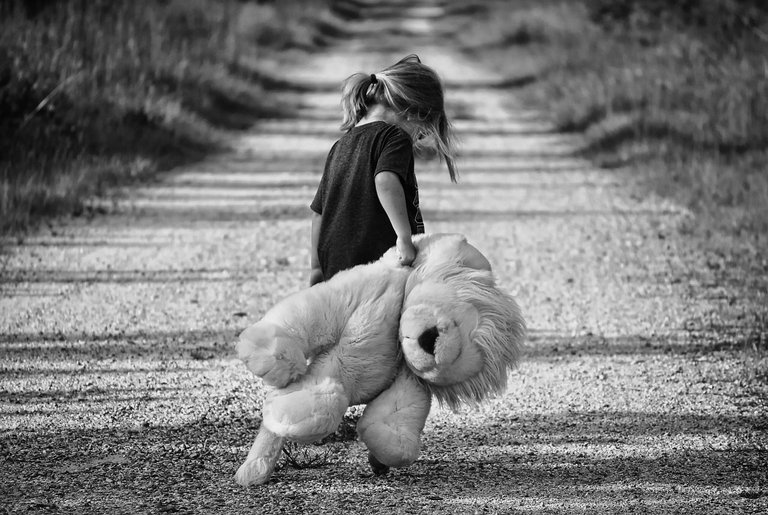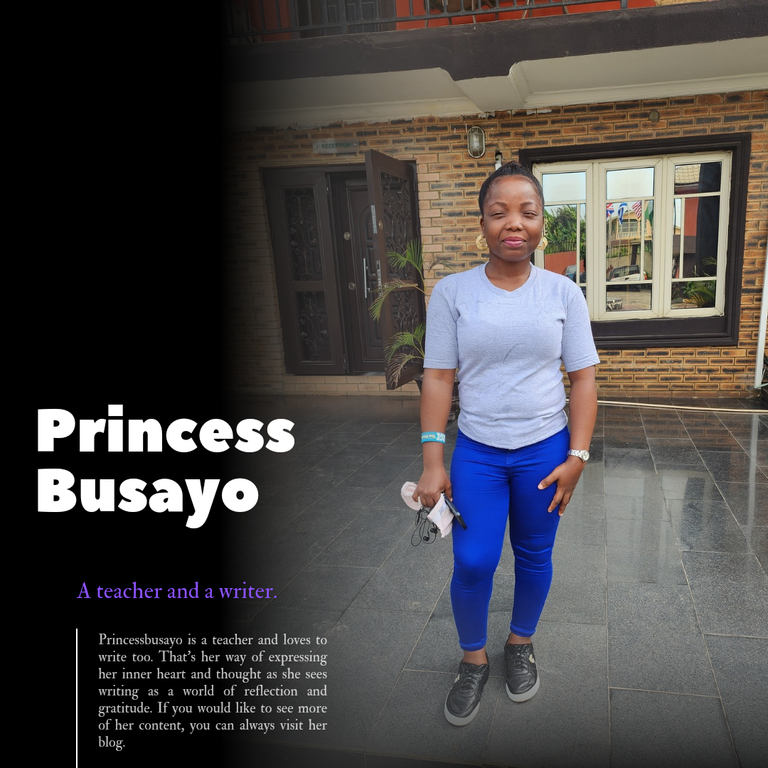When Kindness Hurts
Have you ever helped someone and later regretted it? Have you been in a situation where your kindness was met with an unexpected sense of entitlement? Have you ever wondered if helping others was worth the stress it brings to you? These questions often arise when the lines between selflessness and personal boundaries blur, leaving the one who showed kindness feeling burdened rather than uplifted. How do we reconcile the desire to do good with the unintended consequences it sometimes brings?

The Joy of Giving vs The Pain of Over-Giving
The fact that giving is a fulfilling act is undeniable. Our humane instincts lead to helping others which leads to a sense of purpose, connection and even joy. Giving can strengthen relationships, build connections/communities and contribute to a sense of personal satisfaction. However, when our kindness has been extended over and over again without reciprocation, gratitude or understanding, the situation can shift. Suddenly, our emotional weight of helping others becomes a burden.
Many people find themselves in this situation and they ask, "Why do I feel bad helping people?" The answer often lies not in the act of helping itself but in the dynamics that sprout out as a result of giving consistently. When people do not appreciate a good deed or they feel a sense of entitlement, the joy of giving begins to erode, leaving behind feelings of frustration and most times, resentment.
Entitlement Mentality: When Good Intentions Are Exploited
I have been in different situations where my kindness has met with the entitlement mentality and people often think it is their right to keep demanding and if they don't get what they want, they begin to hate on me. Many of them have observed my nature and knew it is hard for me to say no when they table down their needs making me feel like their problems are worse than mine. It took me a long time to finally learn how to say no in times I don't have.
One thing I have learnt is to set boundaries and limits when showing kindness so people don't take you for granted. The hardest part of doing good is when people begin to expect or demand your help rather than appreciate it. An entitlement mentality can emerge when the person you are helping stops seeing your care and support as a gift but rather views it as something they are owed. This mindset can be damaging to both parties involved.
Entitlement mentality may barely be unnoticeable at first - expectations of continued assistance, lack of showing gratitude or comments that show that what you have given is not enough. Over time, this can escalate to a point where your kindness is not viewed as a generous act but as an obligation. In extreme cases, this mindset can lead to manipulative behaviours where an individual may want to make you feel guilty for not helping or putting pressure on you to continue supporting, even at your own expense.

When Kindness Breeds Resentment
The emotional toll it brings when an individual continuously gives can become overwhelming, especially when it feels one-sided. You may find yourself questioning your own motives and boundaries. "Why am I still doing this?" "Am I doing too much?" "Why does this feel more like an obligation than an act of kindness?" These are common thoughts that arise when the recipient only enjoys more than what the giver should benefit from.
Over time, this imbalance can lead to resentment. What started as a selfless act can turn into frustration, aggression, bitterness, and emotional exhaustion. You might begin to feel like you are taken for granted or manipulated, wondering why your kindness is being met with more demands rather than showing gratitude.
It's important to acknowledge these feelings rather than avoid them. When the signs of overgiving are ignored, it leads to emotional burnout, strained relationships, and most importantly, withdrawing oneself from helping others.
Setting Boundaries And Protecting Your Well-being
One key to navigating situations where doing good hurts is to maintain clear boundaries. Here is a reminder: while helping others, it doesn't mean you sacrifice your well-being in the process. Setting boundaries aren't selfish; they are necessary to protect your emotional and mental health.
Here are the few trusted ways to set boundaries while still showing kindness and generosity:
Define your limit: Know what suits you well and what doesn't. Understand that it's okay to say no when a request for help crosses a boundary you have set for yourself.
Clear Communication: If you don't speak out, people will assume you are okay with every request for help. If you feel someone is taking advantage of your kindness, have an open conversation about your concerns. Though it can be difficult, clear communication can prevent further misunderstandings.
Learn to say No: Sometimes, the best way to save yourself is by simply saying no. This doesn't make you a bad person. You are just trying to prevent yourself against emotional hurt.
Encourage Independence: A popular saying goes thus, "Teach me how to fish. Don't keep giving me fish." When helping others, encourage them to take steps to help themselves or if you can help, you should. This is to prevent them from becoming overly reliant on your assistance.
Evaluate the Relationship: If you discover that the entitlement mentality persists despite your best effort to set boundaries, it's time to evaluate the relationship. Is this person adding value to my life? Is this person contributing in a meaningful way to my goals? Or is the relationship draining me emotionally? Sometimes, the healthiest thing you can do is to distance yourself from a toxic relationship.
In conclusion, doing good should feel good. But when it doesn't, it's time to strike a balance. While recognizing that helping others is a noble and worthy pursuit, it's important to know the limit of your kindness. By setting boundaries, you can continue to do good without letting it hurt you. You can still be a kind and compassionate person without sacrificing your emotional and mental health.

Posted Using INLEO

I encountered it so many times. But learned that we shouldn't expect their respect or recognition when we help. It's easier this way. Good write-up.
That's the best thing. Never expect when you help someone.
Congratulations @princessbusayo! You have completed the following achievement on the Hive blockchain And have been rewarded with New badge(s)
You can view your badges on your board and compare yourself to others in the Ranking
If you no longer want to receive notifications, reply to this comment with the word
STOPI love this. You have carefully curated different situations whereby good deeds can seem evil.
It’s our responsibility as humans to know boundaries in our giving and good intentions so we can carefully guard ourselves against wolves.
Exactly. You got the point. Thank you.
We appreciate you taking the time, to either use #ThoughtfulDailyPost, or otherwise help this Community grow. So...
Thank you!!
It's my pleasure 🙏